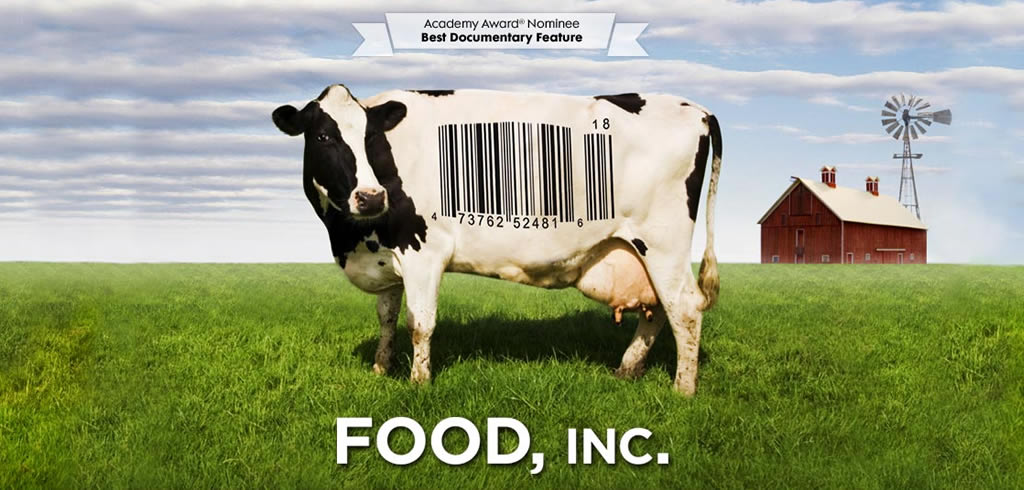Can a movie inspire change? That’s the motivation behind many documentary filmmakers’ artistic choices. Memorable documentaries often involve controversial topics as filmmakers seek to inform moviegoers about stories of injustice or present untold stories of unlikely heroes.
Here are five to challenge you:
McLibel (2005)
Franny Armstrong and Ken Loach directed this fascinating David vs. Goliath story about two ordinary activists who found themselves sued by the mega McDonald’s corporation. Helen Steel and David Morris put their names to a 1980s leaflet calling out some of the corporation’s business practices, little knowing that the fast food giant would sue them as individuals since they couldn’t go after their organization. The film highlights their dogged perseverance in the face of personal and legal intimidation. The British Film Institute named McLibel to its top ten list of “documentaries which changed the world.”
Food, Inc. (2009)
If exposes about food and food corporations fascinate you, you can move on to Food, Inc., the Robert Kenner directed film about the tremendous level of control enjoyed by just a handful of corporations in the American food industry. Critic Roger Ebert was so appalled by what he learned in this film that he spent his review focusing almost completely on the issues presented rather than the movie’s cinematic craft. His point seems to be that a film like this is primarily made to inform, and perhaps to shock. Its 96% rating on Rotten Tomatoes would seem to indicate its success.
Pump (2008)
Food corporations aren’t the only ones to come under documentary scrutiny. In Pump, director Josh Tickell sets out to inform Americans about our unhealthy dependence on oil, and by extension the oil companies that control it. He posits positive possibilities for change if we let go of our stranglehold on oil and learn to develop better, cleaner fuel resources. The film largely focuses on the falling price of natural gas and electric rates in the US and Canada with some hope toward electric cars as consumers adapt. Jason Bateman of Arrested Development fame narrates the film, which has been criticized by some for being a little too fast-paced and commercial.
Standard Operating Procedure (2008)
Not for the faint of heart, Standard Operating Procedure tells the scandalous story of the military’s involvement in the torture of suspected terrorists at Abu Ghraib prison during the Iraq war. Although some shocking photos were released at the time, the film presents far more of those disturbing images, while telling some of the horrifying stories of the perpetrators and victims. The film is directed by Errol Morris, considered one of the most influential documentarians today. Some audiences might not think an R rating was sufficient for a film that critics hailed as brilliant, important, and ultimately devastating.
Cul-de-sac (2010)
Another film focused on human rights, Cul-de-sac, directed by Ramin Goudarzi Nejad and Mahshad Torkan, highlights the plight of Kiana Firouz. Interestingly, this is a documentary at least in part about someone trying to make a documentary. Firouz, an Iranian lesbian, found herself forced out of her home country for trying to make a documentary film about the sufferings of her fellow lesbians. She eventually connects with a British journalist interested in similar issues, and the two strike up a working partnership that crosses cultures and inspires Firouz to look for asylum in the UK. The directors, themselves activists, were instrumental in the petition drive that helped prevent Firouz’ deportation from the United Kingdom.




